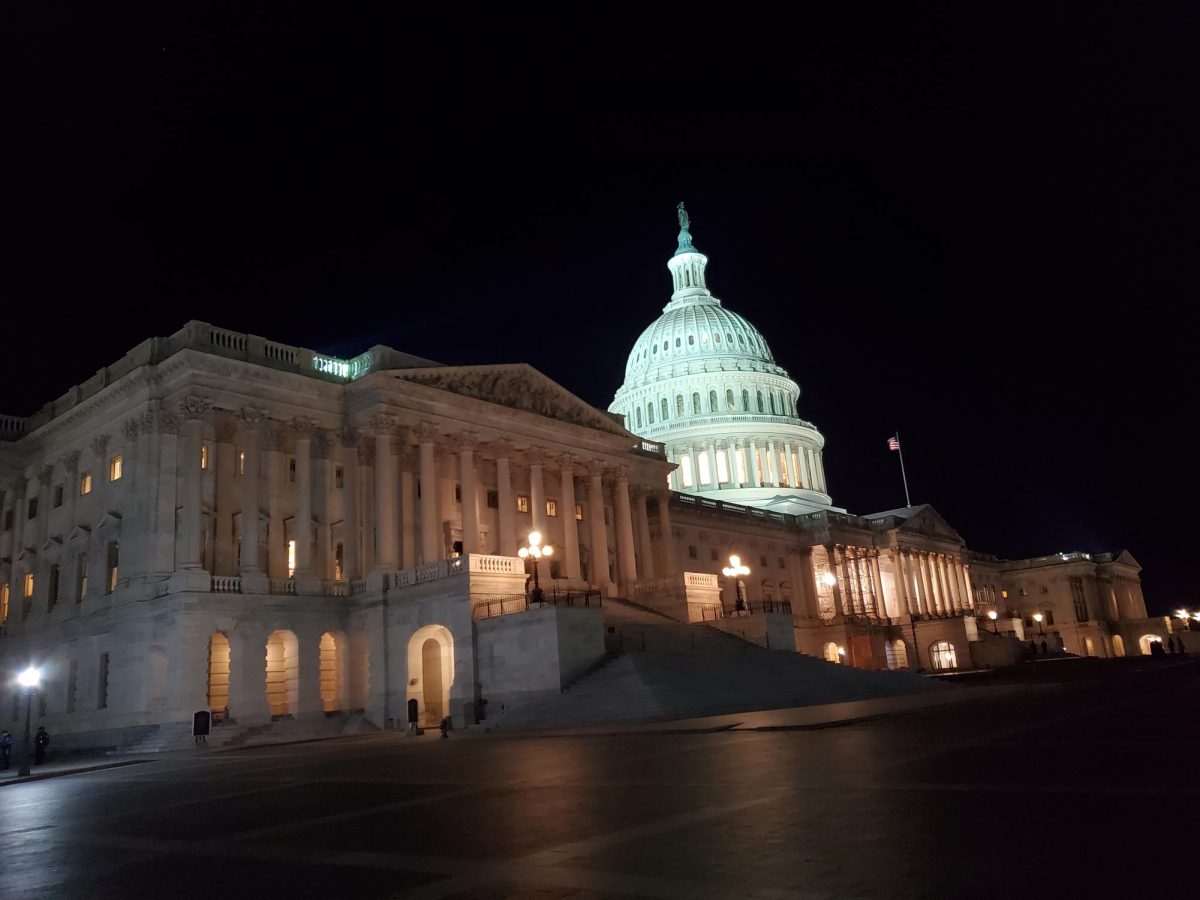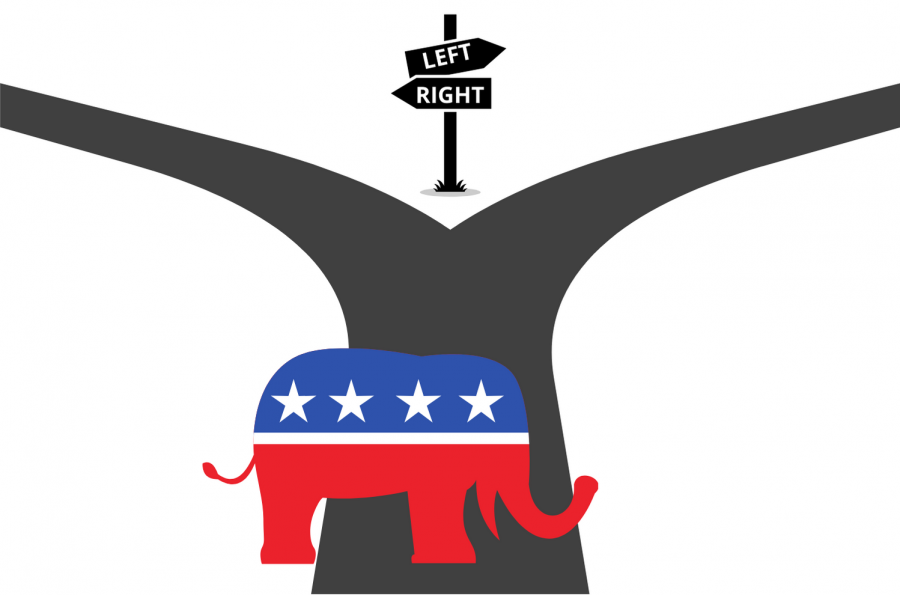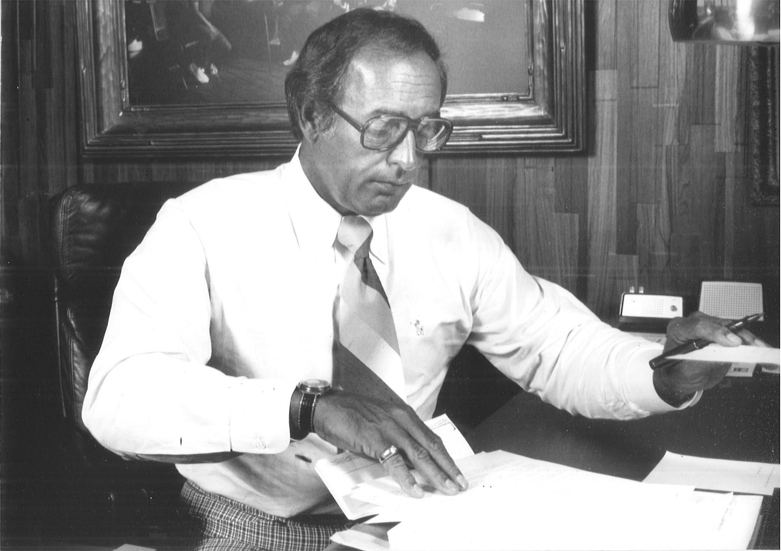The first presidential debate between President Barack Obama and Gov. Mitt Romney will take place on Wednesday night at the University of Denver. The debate will be moderated by Jim Lehrer of PBS and will be the first of three presidential debates.
The topics for the Oct. 3 debate will focus largely on the economy. Other topics will be healthcare and the role of government. With the recent attacks in Libya and across the Middle East, foreign policy issues might be added to Wednesday’s debate.
With over 50 million viewers anticipated for the first debate, it is a high-stakes event for both candidates, especially for Romney, who has been trailing in recent polls. Romney will have to outperform Obama in the debates in order to even out the field in some swing states, including Ohio and Virginia, in which Romney has lost ground.
Recent polls show Obama with different leads over Romney in some key swing states. However, it is difficult to determine the candidates’ current standings by the polls alone.
Mikael Pelz, a political science professor at Calvin, said that there are some issues with polling that might make the current polls problematic.
“The polling this presidential election is all over the place and it is difficult to determine which poll is right,” said Pelz.
“Part of the problem is that pollsters are using voter turnout and Republican/Democratic identification from 2008 in their models for this election. These statistics heavily skew the results in favor of the Democrats. There are good reasons to believe things have deteriorated for the Democrats since 2008.
“In addition, the number of polls taken has proliferated this election, so there are more dissimilar polls to choose from. All that to say, a fair reading of the polls would probably give Obama a slight upper hand, but the race is still very close.”
Both presidential candidates have been preparing extensively for the upcoming debates. Obama will be practicing mock debates in Nevada days before the first debate, with Sen. John Kerry (D-Mass.) acting as Mitt Romney. In Romney’s debate practice, Sen. Rob Portman (R-Ohio) will play the part of Obama.
John Whitesides of Reuters noted that both candidates have had pitfalls in previous debates.
“Obama, known for soaring rhetoric and inspirational generalities in his speeches, suffered in some 2008 Democratic primary debates from a diffident and nuanced style that could make him seem flat and uncertain,” said Whitesides. “His most pointed responses often seemed condescending or flippant.”
The debates in October will be crucial moments for the Romney campaign to capitalize on. With the recent furor over Romney’s “47 percent” comment, the debates are Romney’s chance for redemption and resurgence.
“Romney’s campaign has experienced a lot of missteps and has not been able to find a theme,” said Pelz. “The debates give Romney the opportunity to be relevant and to make his pitch. I think the debates are much more important for Romney, particularly to present a likeable persona to the American public and to lay out his indictment of the Obama record.
“There is a rich history of campaign ‘make it’ or ‘break it’ moments in debates. A good debate performance, in addition to a declining economic picture, would be the perfect storm Romney needs to make his case.”
After practice debates, Obama’s advisors have given him advice for the Oct. 3 debate: give shorter, crisper and clearer responses; be more personal rather than a lecturer.
Dan Schnur, an advisor for John McCain in 2000, had advice for both candidates.
“If you are Romney, you want to figure out a way to get under Obama’s skin, you want to see him get prickly,” he said. “If you’re Obama, you want to be a little unpredictable and throw Romney off his script.”






